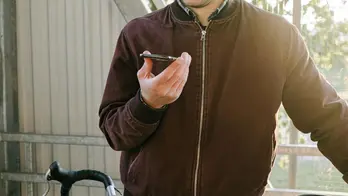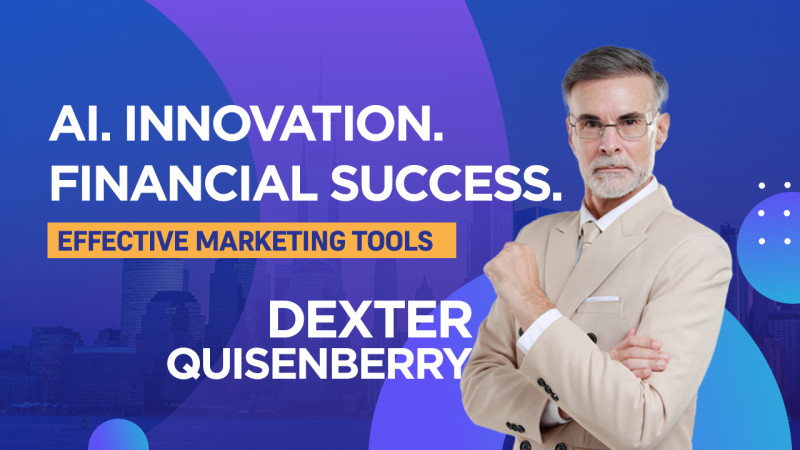Preserving our humanity in the age of robots
Human beings are hardwired for social connection – so much so that we think of even the most basic objects as having feelings or experiences. (Yup, we're talking to you, Roomba owners!)
Social robots add a layer to this. They are designed to make us feel like they're our friends. They can do things like care for children and the elderly or act as partners.
"We have robots that express emotions," science writer Eve Herold says. "Of course, they don't feel the emotions at this point, but they act and look and move as though they do. And this triggers an emotional reaction in us, which is almost irresistible."
Herold is the author of the new book Robots and the People Who Love Them: Holding on to Our Humanity in an Age of Social Robots. Throughout the book, she explores this human desire to connect and how it drives the technology we build.
But she's also stares down the darker side of robots.
They may encourage people to opt out of real-life connection and feel more isolated. She notes that while social robots may offer positive, social skill-building opportunities for children with autism or companionship for elderly patients with dementia, they may make others feel more lonely.
"The thing that I can compare it to is people who are too addicted to social media and end up becoming isolated because they're not interacting with real people in a real relationship," she says.
Herold says robots are appealing to some people because they are designed to please: They never talk back and they do what we ask. But she worries about what might happen if social robots displace people's human relationships – particularly for people who are already more vulnerable to loneliness and isolation.
"People who ... don't have enough social stimulation, they can actually lose what social skills they have because they're so accustomed to this kind of consequence free, easy, appealing relationship with a robot."
Herold explores these topics in her new book, Robots and the People Who Love Them: Holding on to Our Humanity in an Age of Social Robots.
Curious about other innovations in technology? Email us at shortwave@npr.org.
Listen to Short Wave on Spotify, Apple Podcasts and Google Podcasts.
Today's episode was produced by Rachel Carlson. It was edited by Rebecca Ramirez. Brit Hanson fact-checked, and Gilly Moon was the audio engineer.
Disclaimer: The copyright of this article belongs to the original author. Reposting this article is solely for the purpose of information dissemination and does not constitute any investment advice. If there is any infringement, please contact us immediately. We will make corrections or deletions as necessary. Thank you.







